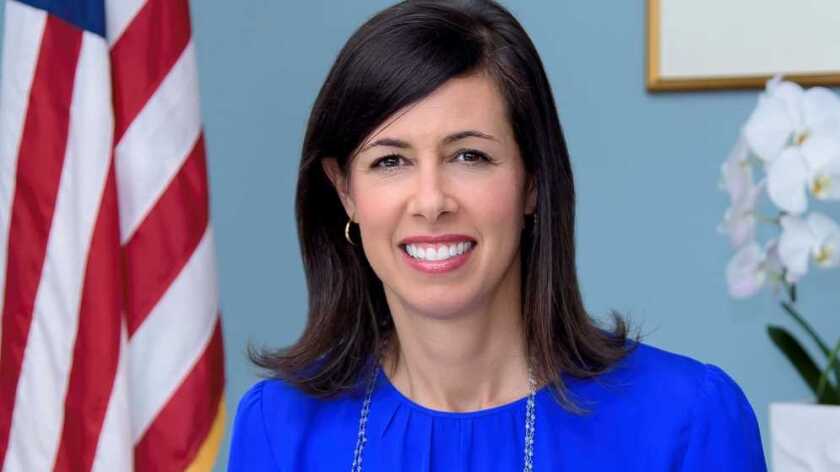Specifically in the area of telecoms and its "related facilities and services" – which were not defined by the FCC – there will be an "information exchange and technical cooperation".
The FCC's announcement also stated the non-binding framework will see the two cooperate on "the mutually beneficial exchange of ideas in the field of telecommunications regulatory policy, with the purpose of contributing to the development of advanced communications in the respective countries".
In a statement, FCC chairwoman Jessica Rosenworcel said: “Now more than ever it is essential that we come together and renew our commitment to communications that can build connections and help sustain peace. I am grateful to chairman Kakhi Bekauri, commissioner Imedadze, and the NCC team for working with the FCC on this agreement. I look forward to strengthening the ties between our agencies and cooperating on communications policies that deliver real results for both of our respective countries.”
The biggest question is whether the FCC will succeed where Europe has so far appeared to fail.
The GNCC has come under heavy criticism from local players and European bodies for its actions over the last two years and this MoU was signed on day seven of Russia's invasion of Ukraine, which is also a former Soviet state.
In July 2020 GNCC updated the country's Electronic Communications Law, article 46 of which granted it the power to appoint a special manager with executive powers to run a company. Article 11 granted GNCC the power to enforce "legal decisions".
By early 2021 Europe's Venice Commission and the Council of Europe Directorate General of Human Rights and Rule of Law had published a joint opinion on GNCC's actions, which concluded the new law was "not in line with European standards".
But it was already too late. GNCC used its new powers for the first time in September 2020, threatening Caucasus Online with effective expropriation if its new owner, NEQSOL Holding, didn't reverse its takeover of the company and its assets.
It disputed the GNCC's actions but with little impact and so turned to the International Centre for Settlement of Investment Disputes (ICSID) for assistance.
The events drew the attention of other players in Georgia with mobile operator Magticom publishing an open letter to GNCC in which it accused the regulator of publishing "ill-founded and downright false information" in its 2020 annual report. It said the sector was "being destroyed" by GNCC and also took aim at Bekauri.
Will the FCC look to intervene where the EU appeared to fail? Capacity has put questions to the body, but the situation in the region continues to escalate and the protection of communication networks is of paramount importance.





